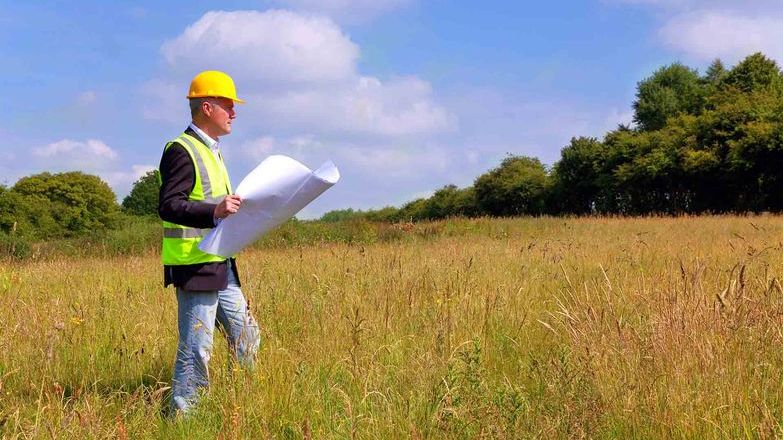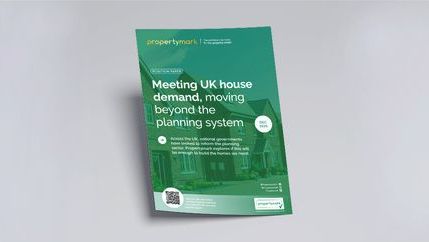
Along with an overall focus on ensuring that the entire system is properly resourced, emphasis is placed on effectively incentivising performance and holding stakeholders to account for delivery.
Political leadership is vital for success
The Northern Ireland planning system was split into a two-tier system in 2015, with the transfer of planning powers from central government to local councils. The system is intended to be plan-led, with Local Development Plans put forward by each council for their area.
Subsequent reviews, however, have highlighted significant concerns with both the performance of local planning authorities and the oversight from the Department for Infrastructure (DfI).
The NI Chamber report makes a range of recommendations, many of which can be actioned with or without a Northern Ireland Executive in place. However, they are clear that the ultimate goals of the report are unachievable without the return of the Northern Ireland Assembly and its Executive.
Major projects suffer increasing delays
Despite a high approval rate for planning applications, the statistics show serious delays and the customer experience of using the system is poor. The lack of certainty around timescales is a major disincentive for investment in Northern Ireland.
The most recent statistics for 2023/24 (Q1) show the average processing time for major applications is 59.6 weeks across all councils. This is a dramatic increase in comparison to 46.2 weeks in 2015/16, and almost double the statutory target of 30 weeks.
Clarity and accountability for councils
Processing time should be improved by providing legal certainty for councils that if statutory consultees fail to respond to a planning application, they can proceed on the assumption that there is no objection. This should be backed up by sanctions for both consultees and councils if they continue to miss deadlines.
There should also be a framework for prioritisation of projects that will contribute to renewable energy and decarbonisation targets.
Local plans must be in place
The DfI should use its existing legislative powers to appoint independent commissioners to address some specific requirements, including the independent examination of Local Development Plans.
Overhaul of appeals body
The report recommends a ‘short, sharp, independent’ review which looks at the key performance areas of the Planning Appeals Commission (PAC) to bring it into line with the other parts of the system which were reviewed in 2022.




